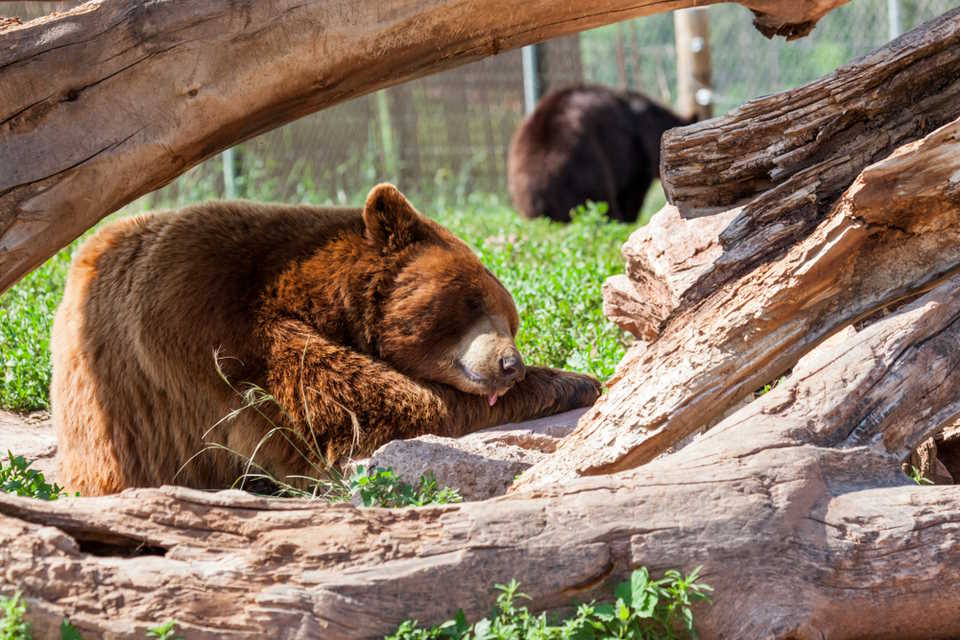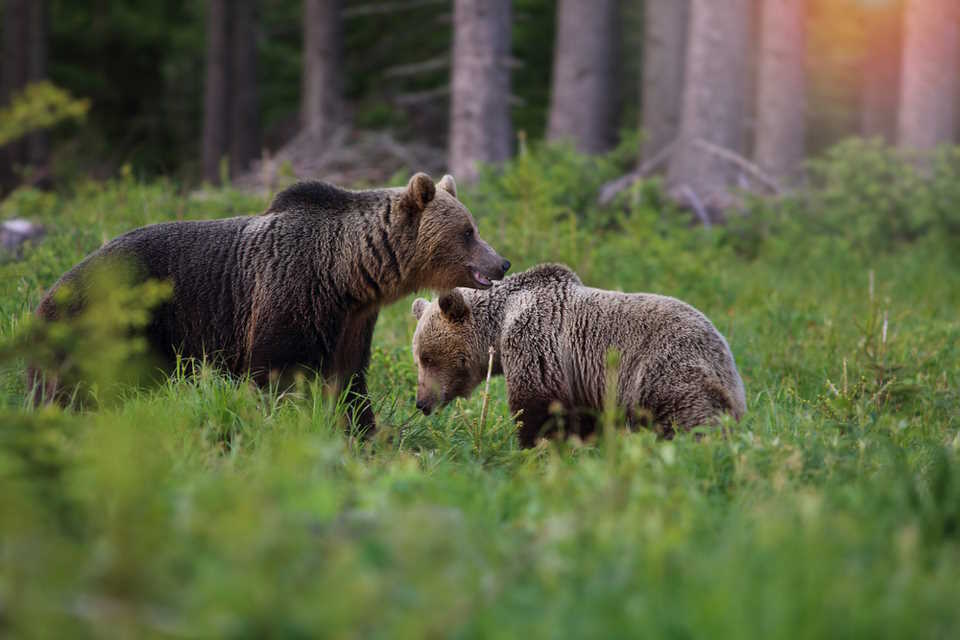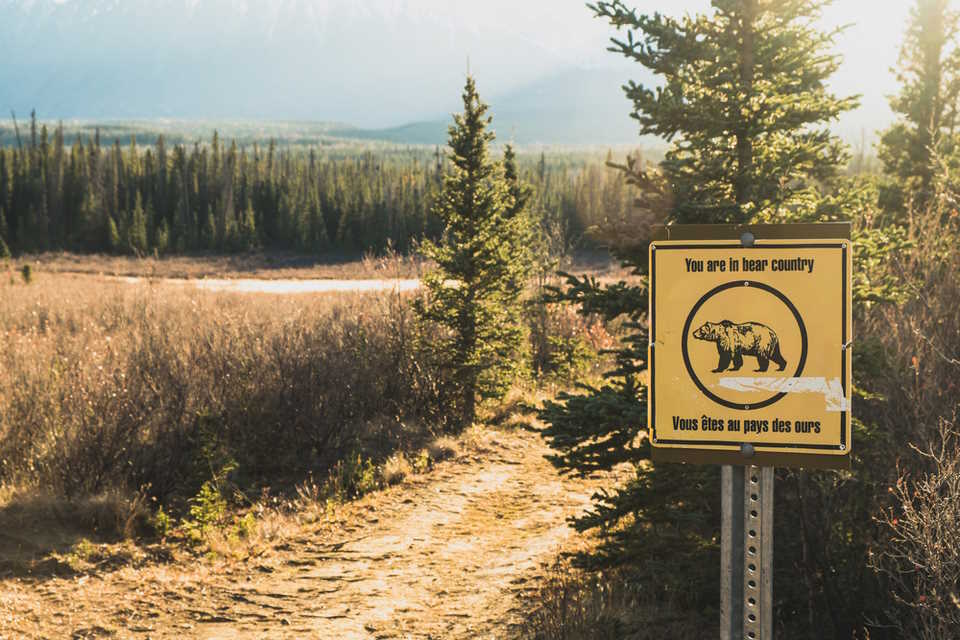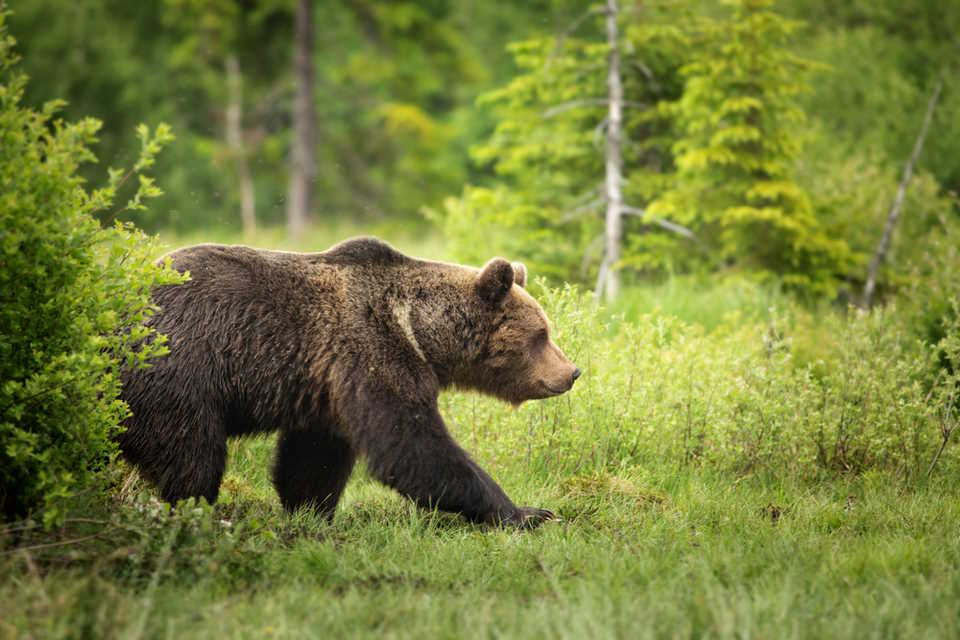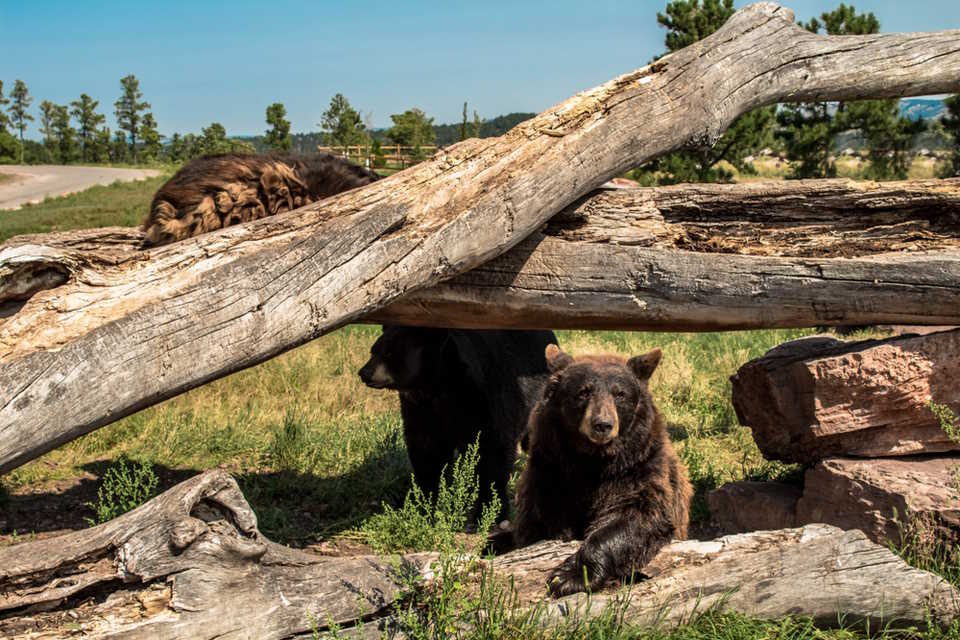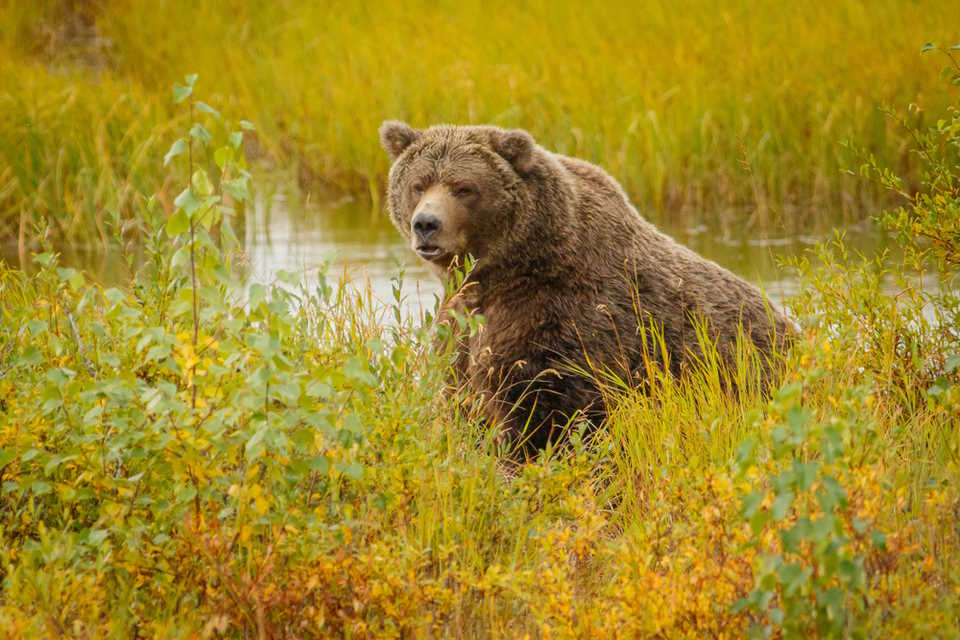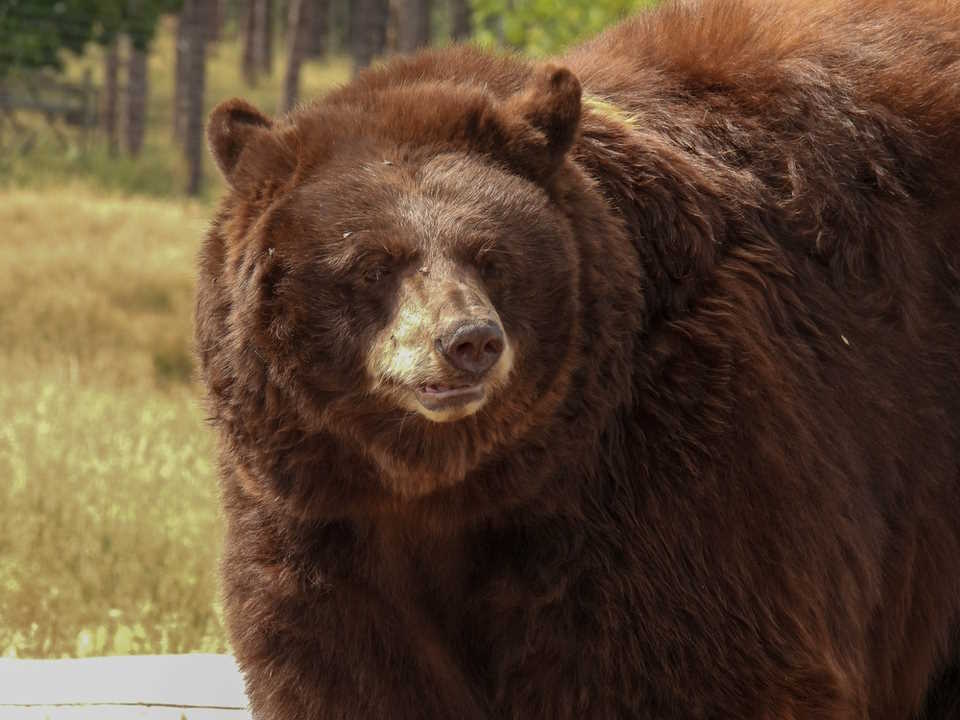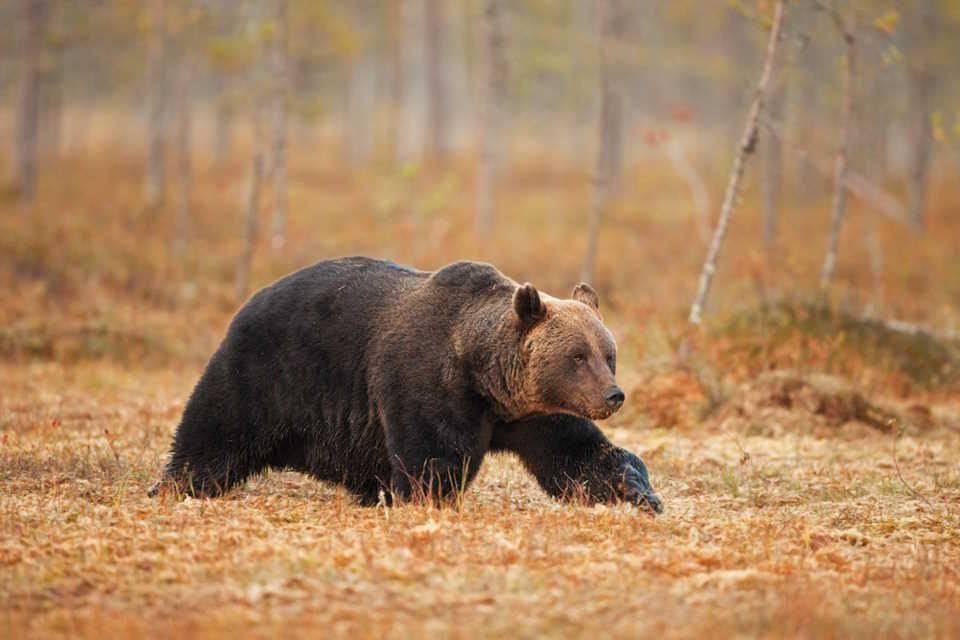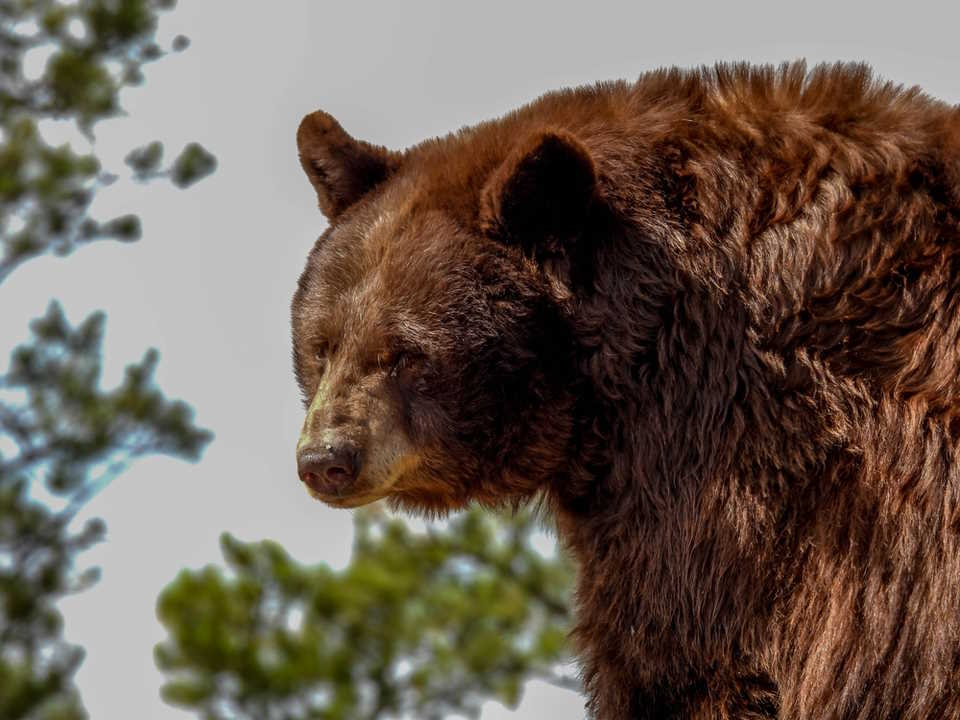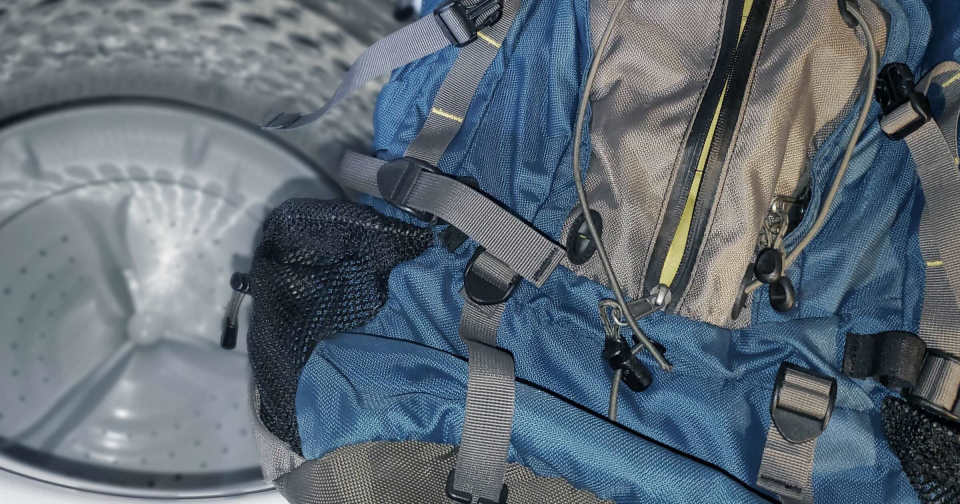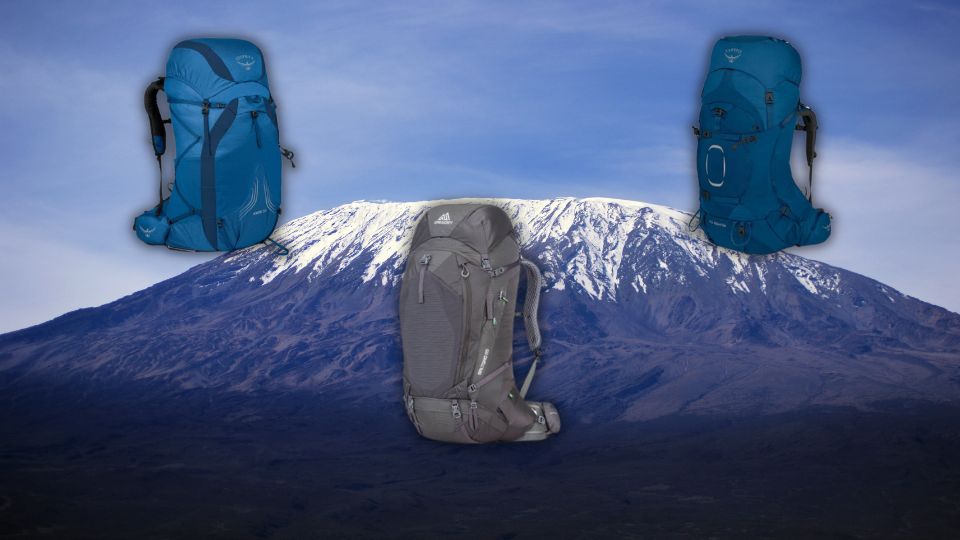When planning a hiking or camping trip, it’s important to keep in mind the potential risks and dangers that come with being in bear country. Despite being beautiful creatures, bears are still wild animals, and their behavior can be unpredictable. That’s why it’s crucial to be aware of bear safety and take the necessary precautions to avoid dangerous encounters.
Understanding bear behavior is essential in minimizing potential risks. Different types of bears have different behaviors and tendencies, such as grizzly bears being more aggressive, while black bears tend to be shy and avoid confrontation. Preparing for your trip by packing essential items and researching the area you’ll be visiting can also go a long way in ensuring a safe and enjoyable experience.
Avoiding bear encounters is the best way to stay safe. Making noise while hiking, hiking in groups, and avoiding areas with high bear activity can all reduce the likelihood of coming across a bear. However, in the event of a bear encounter, knowing how to react is crucial. This includes staying calm, standing your ground, and making yourself appear as large and confident as possible.
Additionally, taking steps to bear-proof your campsite, such as properly storing food and disposing of waste, can help prevent attracting bears to your area. If you’re traveling with children, it’s especially important to take extra measures to keep them safe and educated about bear safety.
Understanding Bear Behavior
When you are hiking or camping in bear country, it is important to be aware of bear safety. One of the most important things to understand is bear behavior. By recognizing different types of bears and their behavior patterns, you can better prepare yourself for a safe and enjoyable experience in the wilderness.
There are three main types of bears in North America: black bears, brown bears (also known as grizzly bears), and polar bears. Black bears are the most common bear species in North America and can be found in almost every state. Brown bears are mostly found in Alaska and parts of western Canada. Polar bears are found in the Arctic region and are less likely to be encountered by hikers and campers.
Each type of bear has its own unique behavior patterns. Black bears are typically shy and avoid contact with humans if possible. They may become aggressive if they feel threatened or if their cubs are in danger. Brown bears, on the other hand, tend to be more aggressive and may attack humans if they feel threatened or if they are protecting their territory or cubs. Polar bears are also known to attack humans, especially if they are hungry or feel threatened.
It is important to be able to recognize bear behavior in the wilderness. Signs that a bear may be nearby include fresh tracks, scat, and overturned rocks or logs. It is also important to be aware of your surroundings and make noise while hiking to avoid startling a bear.
If you do encounter a bear, it is important to remain calm and avoid direct eye contact. Back away slowly, speak in a calm voice, and make yourself look larger by raising your arms or holding a jacket above your head.
| Black bears | Brown bears | Polar bears |
|---|---|---|
| Shy and avoid humans if possible | Tend to be more aggressive and may attack if threatened | Known to attack humans if hungry or threatened |
| May become aggressive if cubs are in danger | Protective of territory and cubs | Less likely to encounter in hiking/camping areas |
By understanding bear behavior and recognizing different types of bears, you can take the necessary precautions to avoid bear encounters and react appropriately if you do come across a bear. Remember to always practice bear safety when hiking or camping in bear country.
Preparing for Your Trip
Preparing for Your Trip: If you’re planning a trip to bear country – whether for hiking, camping or any other outdoor activity – it’s essential to know how to keep yourself and your companions safe from bear encounters. Here are some essential items to pack and things to consider before you head out:
Items to Pack: When heading into bear country, packing the right gear is essential. Here are some items that you should consider adding to your backpack:
- Bear spray: A must-have item for any trip into bear country, bear spray is a non-lethal means of temporarily disabling a charging bear.
- Bear-resistant food storage containers: A good bear-resistant container can help ensure that your food, trash, and toiletries are stored safely while you camp.
- Whistle: A whistle can help you make noise and alert bears to your presence, in turn reducing the risk of an unexpected encounter.
- First aid kit: Accidents can happen, so be prepared with a first aid kit.
- Map and compass: Familiarize yourself with the terrain ahead of time and bring a map and compass to help you stay on track.
- Extra clothing and gear: Bear country weather can be unpredictable, so pack extra clothing and gear to keep yourself comfortable in any conditions.
Things to Consider: Before you head out into bear country, it’s important to consider the following:
| Familiarize yourself with the area | Research the area you’ll be visiting ahead of time. Find out if there have been any recent bear encounters or if there are any bear advisories in place. |
|---|---|
| Travel in groups | It’s always a good idea to travel with at least one other person. Larger groups can be even better, as bears are less likely to approach a large group. |
| Make noise | Bears may be startled by sudden noises, so make plenty of noise while you’re hiking. You can carry bear bells or simply talk loudly. |
| Avoid high bear activity areas | Bears tend to spend time in areas with a lot of food sources. These areas can be identified by tracks, scat, or other signs of bear activity. Avoid these areas if possible, or take extra precautions if you must travel through them. |
| Plan an escape route | Know where you’ll go if you encounter a bear. Look for areas where you can climb a tree or where you can easily move out of the bear’s path. |
| Leave no trace | Make sure to properly store your food and dispose of your trash and toiletries. This will help reduce the chances of attracting bears to your campsite. |
By packing the right gear and taking the time to prepare for your trip, you can reduce the risks associated with traveling in bear country. Remember to always be alert and to follow bear safety guidelines. With the right preparation, you can stay safe and have a great time exploring the wilderness.
Avoiding Bear Encounters
When hiking or camping, being prepared for wildlife encounters is crucial. One of the most important animals to be aware of in North America is the bear. Whether you are in black bear or grizzly bear territory, knowing how to avoid encounters is the key to staying safe. Here are some tips to help you avoid bear encounters altogether:
Making Noise is especially important when hiking in areas with bear activity. A bear’s hearing is much better than ours, so making noise while you travel alerts the bears to your presence and gives them time to move away. Try talking, singing, or clapping your hands to create noise that carries through the forest. You can also attach a bell or whistle to your backpack or clothing.
Hiking in Groups is another way to minimize your chances of encountering bears. Bears are less likely to attack a larger group of people, so try to travel with at least four or more people. Children should always be accompanied by adults and should stay close to the group.
Avoiding Areas with High Bear Activity is also an essential part of avoiding bear encounters. Areas with a high bear activity include places with natural food sources such as berry patches, riparian areas, or corpses of animals. Be mindful of the time of day you are hiking, as bears are more active at dawn and dusk.
In conclusion, avoiding bear encounters is the best way to ensure your safety while hiking or camping in bear country. Remember to make noise while hiking, travel in groups and avoid areas with high bear activity. By taking these precautions, you can enjoy the beauty of nature while minimizing the risk of bear encounters.
Dealing with Bear Encounters
Bear encounters can be a scary and dangerous experience for hikers and campers. However, being prepared and knowing how to react can greatly reduce the risk of harm to both humans and bears. Here are some essential tips to keep in mind if you come across a bear during your trip:
- Stay calm and assess the situation: If you see a bear in the distance, try to stay calm and avoid running, as this can trigger the bear’s instinct to chase. Stand still and assess the situation – is the bear aware of your presence? Does it seem agitated or aggressive?
- Make noise: If the bear hasn’t noticed you yet, make some noise to alert it to your presence. Clap your hands, shout, or sing a song. This can help avoid surprising the bear and reduce the chances of an encounter.
- Back away slowly: If the bear has noticed you, slowly begin backing away while avoiding direct eye contact. Do not turn your back on the bear, as this can trigger an attack. Give the bear plenty of space to retreat.
- Use bear spray as a last resort: If the bear continues to approach despite your attempts to back away, use bear spray as a last resort. Bear spray should be sprayed in short bursts at the bear’s face from a distance of around 25 feet. Make sure to aim for the bear’s nose and mouth and do not spray yourself or others.
- Do not play dead unless it’s a grizzly bear: If a bear attacks you, do not play dead unless it’s a grizzly bear. With black bears, use any object as a weapon such as rocks and sticks to try fight it off.
- Report the encounter: After the encounter, report the incident to the nearest ranger station or wildlife organization. This can help prevent other hikers and campers from encountering the same bear and can also help wildlife officials track their behavior patterns.
Remember, while bear encounters can be frightening, they are rare and many can be avoided by following these simple tips. Stay aware and prepared, and enjoy your time in bear country safely!
Bear-Proofing Your Campsite
When camping or hiking in bear country, it is important to take all necessary precautions to avoid encounters with bears. One of the most important things you can do is to bear-proof your campsite. Here are some tips on how to store food and dispose of waste to avoid attracting bears:
- Store food in bear-resistant containers or hanging food bags.
- Never store food in your tent.
- Clean all cooking utensils and dishes after use and store them properly.
- Dispose of trash properly, preferably by packing it out with you.
- Burn food scraps or pack them out.
It is important to note that bears have an excellent sense of smell and can be attracted to food from miles away. By taking the above precautions, you greatly reduce the risk of attracting bears to your campsite.
In addition to proper food storage and waste disposal, there are a few other things you can do to bear-proof your campsite. These include:
- Choosing a campsite away from areas with bear activity.
- Always cooking away from your sleeping area and storing food downwind from your sleeping area.
- Avoiding wearing scented lotions or perfumes when camping in bear country.
- Using bear spray as a last resort in case of a close encounter with a bear.
Remember that bears are wild animals and should be treated with respect. By following these simple steps, you can help ensure your safety and the safety of the bears in their natural habitat.
Safety in Bear Country with Children
When it comes to hiking and camping in bear country, safety is always paramount. But when you have children with you, it becomes even more important to take extra precautions to ensure everyone stays safe. Here are some tips for keeping kids safe while hiking and camping in bear country:
- Stay Together – When hiking, ensure that children stay close to you at all times. If possible, hold younger children’s hands throughout the hike. Teach older children never to wander off the trail or into areas with thick brush where they might encounter a bear.
- Make Noise – Bears are often startled by hikers, but then quickly move on. By making your presence known, you reduce the chance of surprising a bear. Have children talk, sing, or clap their hands regularly, and consider attaching a bell to your hiking gear.
- Be Prepared – Pack bear spray and make sure everyone knows how to use it. Discuss what to do in case of a bear encounter, and practice what you’d do in different scenarios. Make sure to keep children calm and avoid screaming or running, as this can trigger a bear’s predatory instinct.
It’s also important to bear-proof your campsite. Always use bear-proof containers to store food and garbage, and teach children never to leave food or trash lying around. Store your containers a safe distance from the tent, and avoid cooking or eating in the tent or sleeping area.
Even with these precautions, bear encounters can still happen. If you see a bear, stay calm and don’t approach it. Slowly and calmly back away while talking in a low voice. If the bear charges, use your bear spray and try to avoid direct eye contact.
Remember, safety in bear country with children is all about being prepared, staying vigilant, and teaching children to respect wildlife. With these tips in mind, you can enjoy a safe and enjoyable trip into bear country.
Conclusion
Going on a hiking or camping trip is an exciting and liberating experience. However, it is important to ensure your safety while exploring the great outdoors. This is especially important when venturing into bear country. Bears are magnificent creatures, but they can be dangerous if they feel threatened or provoked.
The first step in bear safety is to educate yourself about bears and their behavior. Knowing how to recognize different types of bears and their behaviors can help you avoid potential encounters. When out in bear country, make noise to alert bears of your presence, avoid hiking alone, and stay on established trails. By doing so, you can avoid areas that are known to be high in bear activity.
If you do come across a bear, it is important to remain calm and give it plenty of space. Never surprise a bear or get between a mother and her cubs. Slowly move away, keeping your eye on the bear but avoid direct eye contact. Remember, bears are more likely to attack if they feel threatened or if they perceive you as a potential source of food.
When camping in bear country, it is important to properly store food and dispose of waste to avoid attracting bears. Keep food in bear-proof containers or hang it from a tree away from your campsite. Use bear-resistant trash cans to properly dispose of waste. Do not cook or eat in your sleeping area and never bring food into your tent.
If you are traveling with children, it is important to keep them safe as well. Teach them about bear safety and ensure they know how to react in the event of an encounter. Keep an eye on them at all times and never allow them to wander off alone.
In conclusion, it is important to take bear safety seriously when hiking and camping. Educate yourself about bears and their behavior, make noise while hiking, avoid hiking alone, and properly store food and waste while camping. If you come across a bear, remain calm, slowly move away, and never get between a mother and her cubs. With the proper precautions and knowledge, you can safely explore bear country and appreciate these incredible creatures from a distance.


